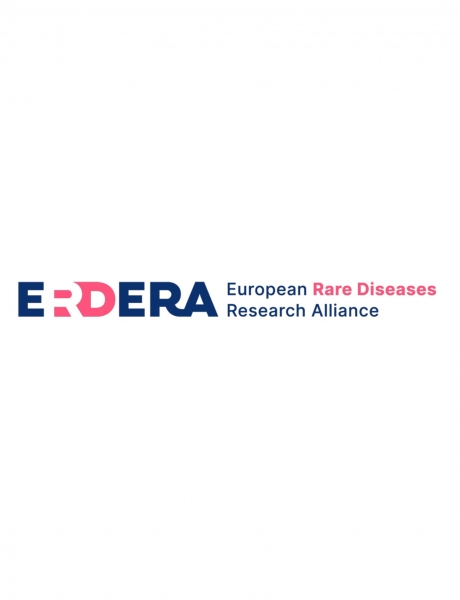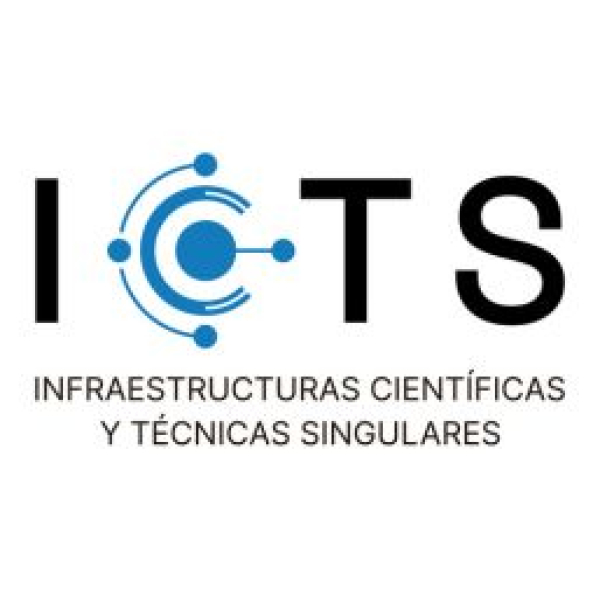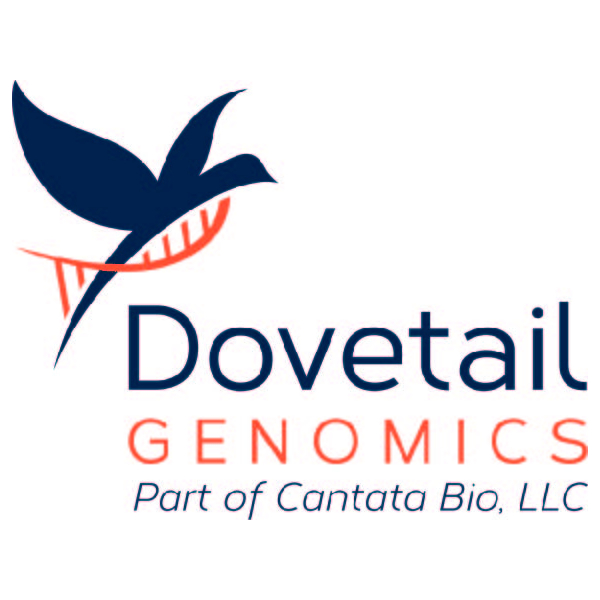
The European Rare Diseases Research Alliance (ERDERA) aims to improve the health and well-being of the 30 million people living with a rare disease in Europe, by making Europe a world leader in Rare Disease (RD) research and innovation, to support concrete health benefits to rare disease patients, through better prevention, diagnosis and treatment.
This Partnership will deliver a RD ecosystem that builds on the successes of previous programmes by supporting robust patient need-led research, developing new diagnostic methods and pathways, spearheading the digital transformational change connecting the dots between care, patient data and research, while ensuring strong alignment of strategies in RD research across countries and regions. Structuring goal-oriented public-private collaborations targeted at interventions all along the R&D value chain will ensure that the journey from knowledge to patient impact is expedited, thereby optimising EU innovation potential in RD.
To support its ambition and missions ERDERA has been designed as a comprehensive and integrated ecosystem of which structure can be compared to an institute encompassing three main parts: (i) funding, (ii) internal (in house) Clinical Research Network that implements research activities targeting clinical trial readiness of RDs and accelerating diagnosis and translation of research discovery into improved patient care, and (iii) related supporting services (Data, Expertise, Education and Training) as well as an acceleration hub that serve external and internal RD community, all supported by all-embracing coordination and strategy and foundational (inter)national alignment.
ERDERA has received funding from the European Union’s Horizon Europe Research & Innovation funding programme under grant agreement N°101156595, as a co-funded partnership between the European Commission, European Member States, and beyond.
THE ROLE OF CNAG
In the ecosystem of ERDERA there are involved 150 organisations, and CNAG is one of the centers which participates in this European initiative for rare disease research. CNAG coordinates the Work Package 7, “Genome re-analysis research pipeline”, whose objectives are:
1) Coordinate a pan-European genomics diagnostic research pipeline beyond the state-of-the-art diagnostic pipeline;
(2) Re-analyse existing data moving from a distributed to a federated one to discover new molecular diagnoses from known, and novel, disease-gene associations;
(3) Leverage knowledge and develop best practices to improve variant interpretation across disease groups and ERNs and discover new gene-disease associations; and
(4) Facilitate theadoption of knowledge, prepare and share best practice guidelines across disease groups and ERNs.
COORDINATION
Institut National de la Sante et de la Recherche Medicale (Inserm)











